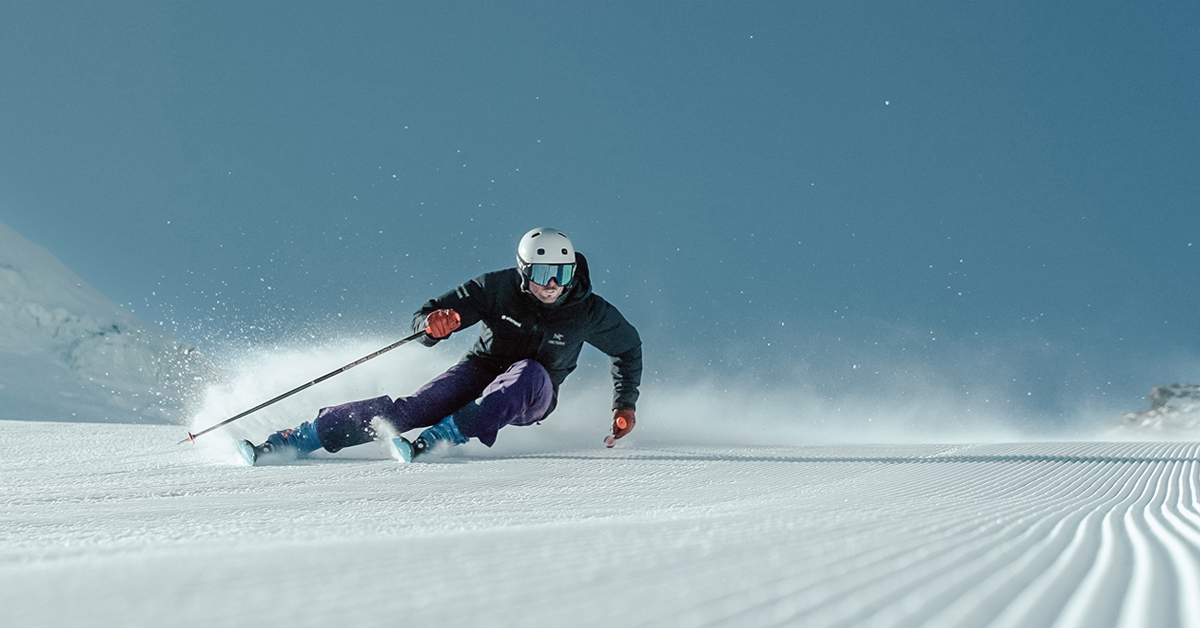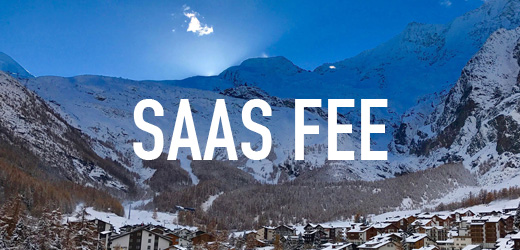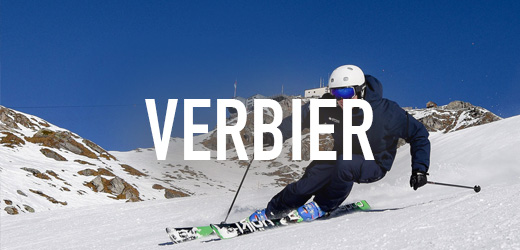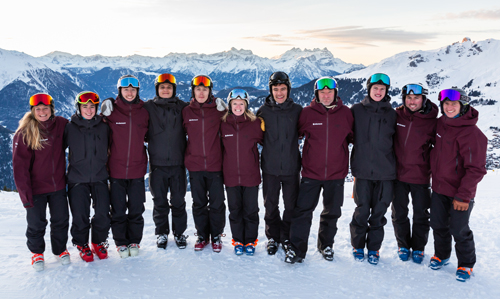HOW HARD IS IT TO PASS THE BASI 2?

HOW HARD IS THE BASI 2 EXAM?
AND HOW DO I PASS IT?
This is a question we get asked a lot by people before they book a course.
In truth there are a lot of significant and important factors that enable you to be successful and pass your Level 2 exam.
(But don’t worry, you don’t quite need to ski like Peak Leaders Coach Will, above…)
SO, WHAT DOES THE BASI 2 EXAM INVOLVE?
The jump from Level 1 to Level 2 is quite big – as you would expect.
The criteria for the strands (areas of skiing) examined is higher than Level 1 – both technically and in your teaching.
Therefore, as well as piste performance in short turns, long carved turns and central theme (this is the teaching progression for beginners), you will also have to perform in bumps, variables (off-piste), steeps and freestyle.
The teaching part of the exam shouldn’t be underestimated either, as you need to be able to analyse performance and improve the learner.
To do this you really need to understand what the root problem is and how to change it.
So, watching other trainees being coached and listening to their feedback will really help improve this.
Generally, more people fail the Level 2 on the technical strands though.
WHAT DOES IT LOOK LIKE?
Here’s a video which shows you demonstrations by BASI examiners for the technical strands for Level 2.
Remember, this isn’t supposed to be an exciting ski video! It’s just so you can see the type of skiing you will be required to accurately perform on the exam.
This might look easy, but if you watch closely you’ll see the coaches here are really, really accurate – with no unnecessary movements and no funny habits.
That’s because as an instructor you will need to demo turns to clients. They need to copy the right movements and not anybody’s little quirks…
The accuracy and precision you need in movement patterns to perform in all these areas at a high level is challenging.
HOW IMPORTANT ARE THE COACHES?
Short answer? Vital.
You spend up to 30 hours a week with your coaches, so you want to ski and be inspired by the best in the business.
We’re very proud of our coaching team, who are all hugely experienced and are excellent at developing our trainees.
Every coach has the top qualification of BASI Level 4, and half of them are also BASI examiners.
So it’s safe to say they all know the exam criteria inside out – and they’re perfectly placed to help you get the results you want.
But a really important point is that just because you have the best coach doesn’t mean you are guaranteed to pass.
You need to make the changes and put the work in! You have to take responsibility for your own development.
Skiing is a challenging sport and you are taking a professional examination, so passing is never guaranteed.
However, there are other important factors which will significantly contribute towards your result.
WHAT ARE THE OTHER FACTORS?
The weather and snow conditions.
The ideal training day is grippy corduroy firm snow and blue skies.
However, when it is snowing with poor visibility or icy, it’s more challenging – but also surprisingly beneficial for your development.
So a mixture of the two is the perfect combination.
Fitness and strength
These are directly related to your performance on the mountain – the fitter and stronger you are the quicker and more you will be able to change and adapt your skiing.
Skiing is an explosive sport rather than endurance-based, so strength training is really key.
To help you be in the best possible shape for the course you can follow our 8 week fitness programme prior to the course starting
Then once you’re in resort you can join the fitness sessions throughout the course too.
Sleeping and resting
One of the most important factors which is often overlooked is making sure you get enough sleep and rest.
You are skiing 5 or 6 days a week and it’s hard physical work. So it’s very easy to get run down if you get the balance wrong.
So don’t ski every day and take a rest day at the weekend.
But more importantly don’t go out every night – after a while it really shows in your performance on skis.
Practice time
The key is quality not quantity.
If you understand how to practice and focus in the correct way, then doing a couple of hours at the weekend is more beneficial than skiing all weekend and not thinking about your technique.
Practicing in an effective way is so important to consolidate what you have learnt in training.
Attitude
This is crucial…
If you aren’t motivated to succeed and develop your skiing then you won’t. Instead you’ll just plateau.
So be open to changing your skiing, listen to your coaches and always ask if you are unsure of how to change.
You must take ownership of your own skiing and put into motion what the coaches are asking you to do.
SO, HOW MANY PEOPLE PASS THE LEVEL 2?
It changes every year – and there are a lot of factors.
But for the season just passed (2021-2022) we coached 115 trainees and 87% of them achieved the BASI Level 2 – which is an amazing result and one of our best seasons yet.
The BASI average for the winter was 84%, so we are thrilled that we are above this.
In fact the BASI average has been going up for a few seasons – mostly as the majority of trainees taking the level 2 are training hard before they attempt the exam.
Only a few seasons ago the BASI pass-rate was 63% – and, without getting too deep into the statistics, it’s likely our averages are pulling the BASI average higher as we are a significant proportion of BASI Level 2 exams each season..
It’s a big challenge to pass the Level 2, but if you can apply yourself in the right way and stay focussed, then you’ll give yourself the best possible chance of passing the exam and becoming a ski instructor.










